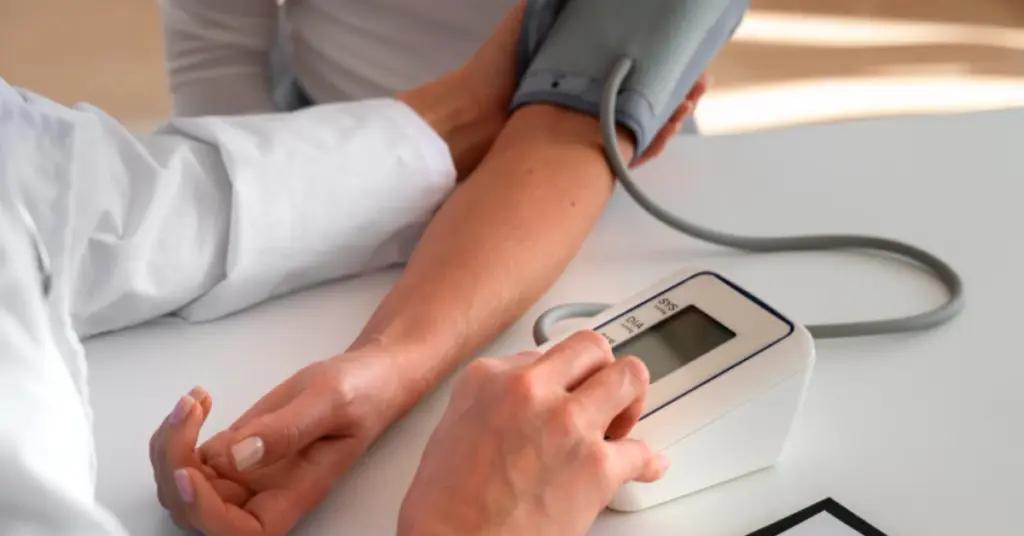
Safety Rate
Ambulatory Blood Pressure Monitoring is an advanced diagnostic method that continuously measures blood pressure over 24 hours, even while you sleep or go about your daily routine. It provides a clearer and more accurate picture than a single clinic reading. Through detailed blood pressure variation analysis, doctors can identify hidden hypertension, evaluate medication effectiveness, and understand how lifestyle factors influence your blood pressure throughout the day. This continuous monitoring ensures a complete, real-world assessment of cardiovascular health.
Ambulatory blood pressure monitoring (ABPM) is a method that measures blood pressure continuously over 24 hours, even while you sleep. Unlike a single clinic reading, it provides a complete picture of how your blood pressure behaves throughout the day and night. This helps doctors diagnose conditions more accurately and adjust treatment plans effectively.
Doctors recommend ambulatory blood pressure monitoring when they need detailed information beyond regular clinic readings. Common ambulatory blood pressure monitoring indications include:
By providing real-world data, ABPM helps ensure patients receive the right treatment at the right time.
Not everyone requires ABPM, but it is especially useful for:
In these cases, ambulatory blood pressure monitoring helps uncover hidden risks and offers peace of mind to families.
Preparing for ABPM is simple. Here’s what you need to do:
No special diet or fasting is needed. The aim is to record blood pressure in your everyday setting.
There are many advantages to choosing ambulatory blood pressure monitoring over standard checks:
While ABPM is generally safe, a few minor inconveniences may occur:
These drawbacks are temporary and small compared to the valuable insights ABPM provides about heart health.
You should contact your doctor if:
Prompt medical advice ensures you stay safe and receive timely care.
With the help of blood pressure variation analysis, Ambulatory Blood Pressure Monitoring delivers valuable insights into your overall heart and vascular health. It helps detect white coat and masked hypertension, assess treatment response, and guide personalized care. By offering round-the-clock readings, ABPM empowers both patients and doctors to take proactive steps toward preventing long-term heart complications and maintaining balanced blood pressure control.
A normal ambulatory blood pressure reading typically averages below 135/85 mmHg during the day and below 120/70 mmHg at night. These values indicate healthy blood pressure control throughout 24 hours. Consistently higher readings may suggest hypertension, requiring further evaluation and management to reduce cardiovascular risks.
Sleeping with an ambulatory blood pressure monitor is safe and manageable. The device automatically inflates at set intervals, usually every 30–60 minutes. It’s best to lie still during measurements and keep the cuffed arm relaxed. Adjusting sleeping positions slightly can help ensure comfort and accurate nighttime readings.
Ambulatory Blood Pressure Monitoring (ABPM) is generally safe and non-invasive. Minor risks include temporary arm discomfort, mild bruising, or skin irritation from frequent cuff inflations. Rarely, sleep disturbance may occur due to nighttime readings. These effects are short-lived, and the benefits of accurate blood pressure assessment far outweigh the discomfort.
Our experienced anaesthesiologists are here to ensure your safety and comfort